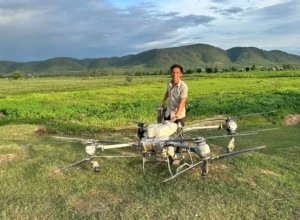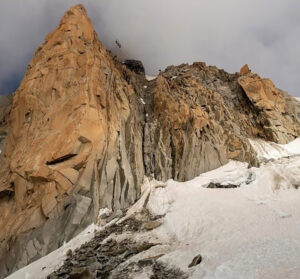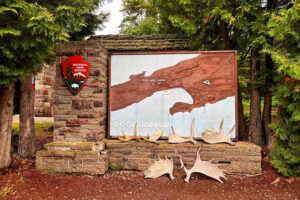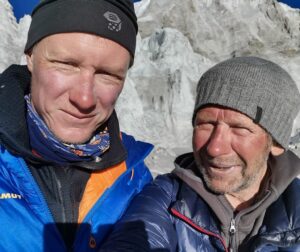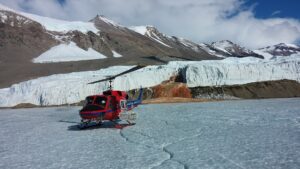More than 70 people have been killed or are missing in the late-season floods that struck Nepal in October.
Many who survived now face homelessness, as the widespread flooding displaced tens of thousands of Nepalis from their homes, The Himalayan Times reported.
High death tolls from monsoons are an annual occurrence in the country. Yet the region’s rainy season was more prolonged and more intense this year. The results have been massive destruction in Nepal, India, and Pakistan, with climate change only expected to worsen the situation in coming years.
Yet the toll in Nepal might have been worse without improved foreign aid.
Anticipating disaster
The World Food Programme (WFP) has frequently helped Nepal recover from these annual disasters. But in recent years, the organization has taken a more proactive approach. United Nations agencies working in the country have begun using predictive analytics and weather forecast data to respond more quickly.
That allowed officials to quickly help flooded communities in the Karnali River Basin. The WFP sent early warnings and emergency cash to 3,000 households in areas that the data deemed high risk.
The Nepali Times reported that this “anticipatory action” likely saved lives and reduced the floods’ overall impact. More than 15,000 people in the Karnali Basin benefited from those cash payments of 15,000 rupees.
“Nepal is extremely prone to climate-related disasters, and this approach offers a new and effective way of supporting communities not only to cope with, but also adapt to the impact of the climate crisis,” Robert Kasca, WFP Representative and Country Director in Nepal, told The Nepali Times. “With reliable forecasts, it is increasingly possible to anticipate extreme weather events and take necessary action in advance.”

A local man on a motorcycle crosses a flooded river during the rainy season in Pame Village, near Pokhara, Nepal. Photo: Shutterstock
UN to expand preemptive efforts
Last year, the World Food Programme gave cash to 1,665 households before flood emergencies hit their villages. That was the fastest forecast-based response in the organization’s history, reaching targeted households in four hours.
It’s part of a broader effort by UN humanitarian groups to address climate change through pre-meditated aid.

